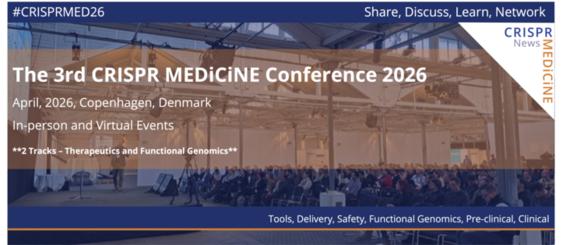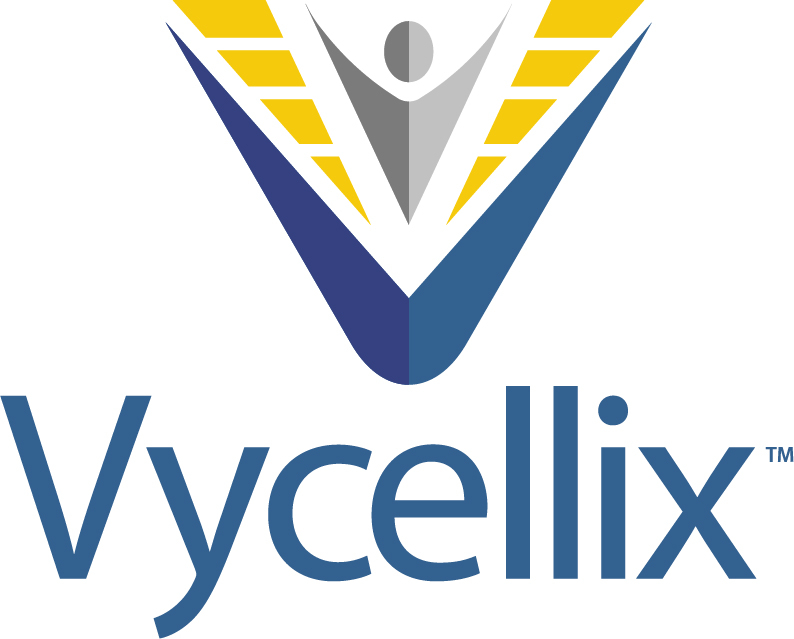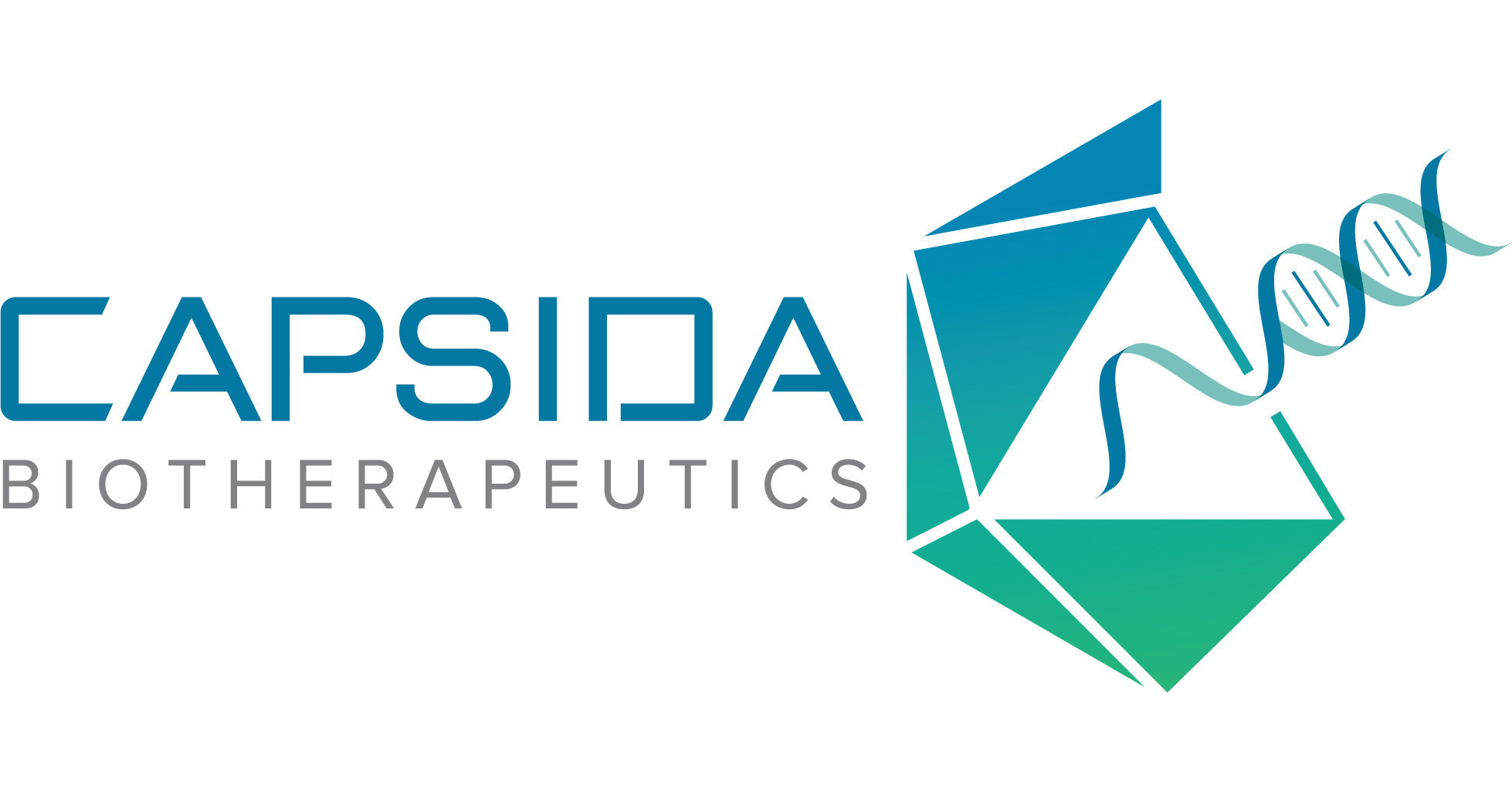- Single-Step CD45-Engager Strategy Generates Immune-Privileged Cells with Abrogation of Host Cellular Immune Responses
- Being Developed to Eliminate the Need for Complex, Expensive Gene-Editing Approaches while Resolving the Challenges Related to Persistence, Retention of Function, and Avoidance of Host Immune Rejection
TAMPA, Fla. & STOCKHOLM--(BUSINESS WIRE)--#asco23--Vycellix, Inc., a transformational cell and gene engineering company with the mission to integrate its process-enhancing tools into the development and commercialization of next-generation, donor-derived medicines, including off-the-shelf T cell and natural killer (NK) cell-based cancer therapeutics, today announced that its founding Chairman & CEO, Evren Alici, M.D., Ph.D., presented pre-clinical, proof-of-concept results for the Company’s single-step approach to engineer allogeneic cells (VY-UC) at the International Society for Cell & Gene Therapy (ISCT) Annual Meeting in Paris.

In an oral presentation during “Chief Scientific Officer Showcase,” titled “Generation of Universal Cellular Grafts Utilizing Signaling Deficient Membrane-Bound CD45-Engagers,” Dr. Alici debuted data showing that the insertion of a novel CD45-engager (VY-UC) into virtually any cell holds the potential to displace complex and costly gene-editing systems such as CRISPR-Cas9 to engineer fully immune privileged cells that in pre-clinical in vitro and in vivo models demonstrate persistence, retention of function, and avoidance of host immune rejection.
Dr. Alici’s studies, conducted by the Cell & Gene Therapy Group, which he leads at Karolinska Institutet (KI), Stockholm, Sweden, potentially position VY-UC as a preferred efficient and cost-effective off-the-shelf cell engineering strategy by focusing on the spatial abrogation of a functional immune synapse against the graft to avoid patient rejection responses towards cellular effector grafts (the donor-derived cells), while retaining the effector graft’s function. CD45-engagers were expressed on multiple cell types, including primary T cells, CAR-T cells, primary NK cells, CAR-NK cells, hepatocytes, and hematopoietic stem cells, and in each series of cell type evaluations, functional immune synapse formation was prevented, resulting in abrogation of cellular immune response, thus, eliminating the risk of graft rejection.
The VY-UC Abstract was recently published in a supplemental version of Cytotherapy (Volume 25, Issue 6 Supplement, S13-S14, May 2023) the official journal of ISCT: https://www.isct-cytotherapy.org/article/S1465-3249(23)00148-2/fulltext.
Dr. Alici fielded the following question at ISCT in summarizing the potential broad-reaching impact for VY-UC to redefine the paradigm for engineering “off-the-shelf” donor-derived medicines:
Q: There are multiple gene-editing strategies that claim to solve the challenges associated with engineering donor-sourced therapies, so why is VY-UC potentially disruptive?
A:“The goal for engineering any allogeneic cell is to overcome the risk that the patient’s immune system will recognize and eliminate the donor-sourced foreign cells. Unfortunately, allogeneic cell therapy studies to date do not appear to yet match up to the outcomes achieved by autologous products, especially when measuring cell persistence and durable outcomes. With our single-step CD45-engager program, we can completely avoid using any gene-editing system to ‘knock-out’ HLA Class I and II molecules, nor do we need to ‘knock-in’ any inhibitory ligands. We do not target to kill the host alloreactive population, either. We believe that Vycellix’s VY-UC platform has the potential to transform virtually any donor cell with a simple single transgene to become ‘stealth’ by preventing functional immune synapse formation in a single direction, and thus, avoid donor cell rejection. Our studies have shown complete escape from host-mediated rejection in many types of VY-UC engineered cells, including T cells and NK cells with these effector cells retaining their fitness and cytotoxicity, thus conserving viability, functionality and persistence. We are now preparing to advance the VY-UC platform into human clinical trials for off-the-shelf NK cell therapies targeting cancers, as well as preparing to partner and license our platform for T cell applications,” explained Dr. Alici.
Vycellix’s platforms were all discovered by scientists at the world-renowned Karolinska Institutet (KI) in Stockholm, Sweden. The Company is also a collaborative partner in “NextGenNK”, an international Competence Center for the development of next-generation NK cell-based cancer immunotherapies based at KI and funded by Sweden’s innovations agency, Vinnova. KI is globally recognized for its Nobel Assembly, which awards the Nobel Prize in Physiology or Medicine.
For more information, please visit: www.Vycellix.com and follow our Twitter feed at: @Vycellix.
About Vycellix™, Inc.
Headquartered in Tampa, Florida, with scientific operations in Stockholm, Sweden, Vycellix has developed a broad suite of cell therapy engineering solutions with the mission to deploy these collective tools to develop and commercialize optimized, next-generation T cell and natural killer (NK) cell-based cancer therapies. Leveraging the Company’s transformational VY-UC universal cell technology, Vycellix is engineering immune-privileged effector cells without altering the components that control self-recognition (HLA) and obviating the need for immune-suppressive drugs in the contexts of allogeneic cell therapies, hence redefining “off-the-shelf” donor-cell-based treatment strategies. Beyond VY-UC, the Company’s cell engineering tools represent unrivaled solutions to enhance gene delivery, accelerate cell expansion, amplify cell potency, and optimize multi-antigen engagement.
Forward Looking Statements:
This press release contains forward-looking statements. All statements other than statements of historical facts are “forward-looking statements,” including those relating to future events. In some cases, forward-looking statements can be identified by terminology such as “plan,” “expect,” “anticipate,” “may,” “might,” “will,” “should,” “project,” “believe,” “estimate,” “predict,” “potential,” “intend,” or “continue” and other words or terms of similar meaning. These statements include, without limitation, statements related to the pre-clinical, regulatory, clinical and/or commercial development and all anticipated uses of VY-OZ, VY-X, VY-M and VY-UC, and the Company’s plans for seeking out-licensing opportunities for these assets. These forward-looking statements are based on current plans, objectives, estimates, expectations and intentions, and inherently involve significant risks and uncertainties. Actual results and the timing of events could differ materially from those anticipated in such forward-looking statements as a result of these risks and uncertainties, which include, without limitation, risks and uncertainties associated with immuno-discovery product development, including risks associated with advancing products to human clinical trials and/or ultimately regulatory and commercial success which is subject to the uncertainty of regulatory approval, market adoption and other risks and uncertainties affecting Vycellix and its development programs. Other risks and uncertainties of which Vycellix is not currently aware may also affect Vycellix’s forward-looking statements and may cause actual results and the timing of events to differ materially from those anticipated. The forward-looking statements herein are made only as of the date hereof. Vycellix undertakes no obligation to update or supplement any forward-looking statements to reflect actual results, new information, future events, changes in its expectations or other circumstances that exist after the date as of which the forward-looking statements were made.
Contacts
Douglas W. Calder, President
Phone: (772)-418-6302
Email: dcalder@vycellix.com









